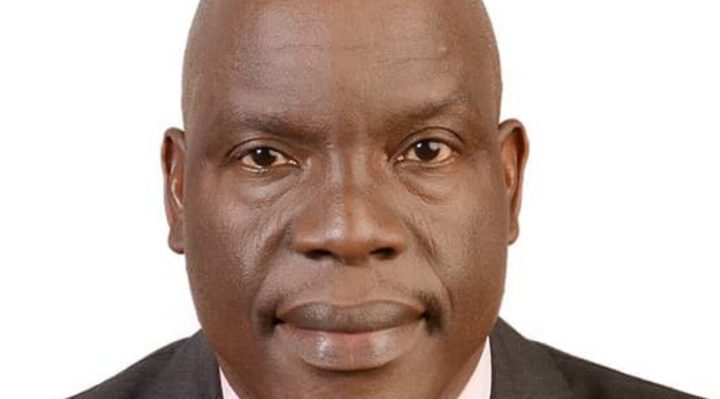…Plans to Conduct Closed Bid Round for Oil, Gas Blocks
The Nigerian Upstream Petroleum Regulatory Commission (NUPRC) has declared that Nigeria, technically, has the potential to produce 2.26 million barrels per day of crude oil.
The country is currently producing 1.5 million per day. A further breakdown of this figure showed that the country is producing 1.2 million barrels of crude oil and 300, 000 barrels of condensate. While the total reserve is still between 36 billion barrels and 37 billion barrels.
The Organisation of Petroleum Exporting Countries (OPEC) has pecked Nigeria’s daily production to 2024 at 1.5 million barrels per day
It also reemphasized its earlier statement that the bid round for seven deepwater blocks will be concluded this year, stressing that the bid round could be both ‘Open and Closed’ bid round which it says are all legal and allowed by the Petroleum Industry Act (PIA).
Gbenga Komolafe, the Chief Executive Officer of the commission stated these on Tuesday at the opening of the 8th Sub-Saharan International Petroleum Exhibition and Conference, SAIPEC 2024 holding in Lagos, Nigeria.
“At this point, let me use this opportunity to announce that the commission will be concluding the Nigerian ongoing seven deep offshore bid round which we commenced earlier, “ he said.
The theme of this year’s SAIPEC was “The Next: Accelerating African Content.”
He disclosed that the earlier mini-bid round for the seven deep offshore blocks was nearing conclusion.
The NUPRC boss did not give the details of the closed bid round that would be coming up any time this year, he had announced last month that the commission would be conducting another Mini-bid Round for 12 offshore blocks. He said the critical thing about the exercise is transparency.
According to him, further investment opportunities were also available in the licensing rounds, which would be conducted more frequently in line with the provisions of the PIA.
“In addition to that, the commission will be conducting closed bid rounds in the year. Let me take time to explain that the Petroleum Industry Act provided for both closed bids and open bids. Both are legal because when we hear a closed bid, it might be misinterpreted.
“So, closed bid is legal just as open bid is equally legal. Section 73 of the PIA makes this very clear. What is inherent in closed bid and open bid is that both will be conducted in a fair, transparent and very competitive manner. But the underlining thing is that both are legal by the provisions of the Petroleum Industry Act.”
He called on potential investors to take note of the bid round that the commission would be conducting in the year in line with the provisions of the law.
According to him, that was part of the investment opportunities the commission would be showcasing at the event.
As part of the efforts to deepen Nigeria’s gas market and ensure decarbonisation of upstream operations, Komolafe mentioned that the commission recently awarded 49 flare sites to successful bidders for flare gas commercialisation through the Nigerian Flare Gas Commercialisation Programme (NGFCP).
Through the initiative, he said more gas would be available for domestic gas utilisation in the form of Liquefied Petroleum Gas (LPG), feedstock for power generation plants, fertilizer plants, and petrochemicals as well as for exports.
“Thus, the Commission is taking strategic measures to arrest some challenges confronting us to boost production and meet the potential.”
He said part of the measures being taken by the commission was to improve transparency in hydrocarbon measurement and accounting.
He stated that the commission engaged in collaborative work programme administration with the exploration and production companies and close monitoring to ensure that they meet their work programme obligations.
Aside from hydrocarbon resources, Komolafe said Nigeria was also blessed with potential for green and blue hydrogen, solar, wind, bio-mass, and critical minerals for the development of clean energy technologies as well as a growing population predominated by young people.

